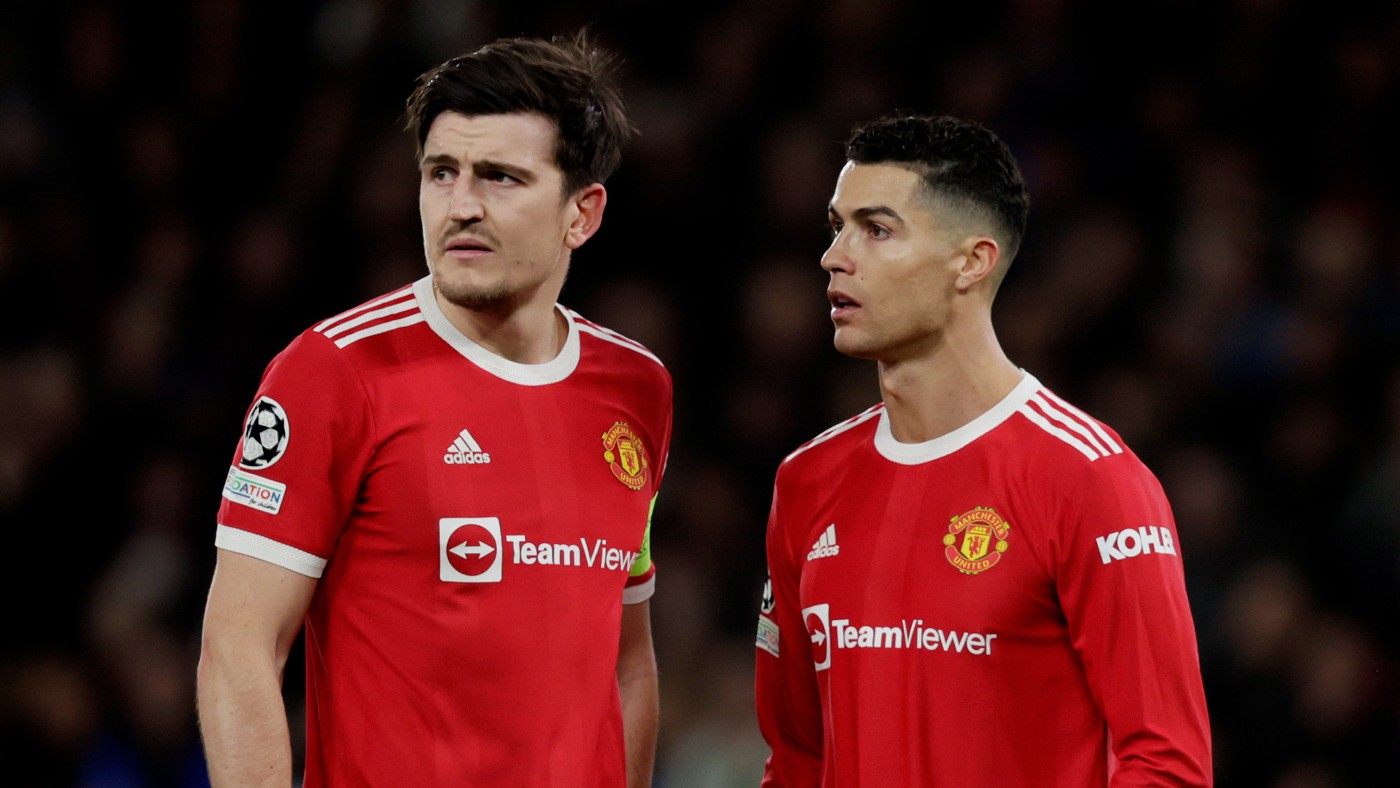Online abuse in football: ‘the dark side to the beautiful game’
New study reveals the true extent of the abuse suffered by Premier League players

A free daily email with the biggest news stories of the day – and the best features from TheWeek.com
You are now subscribed
Your newsletter sign-up was successful
Analysis of more than two million Twitter posts has revealed the scale of online abuse directed at Premier League footballers. A report published by the media regulator Ofcom and The Alan Turing Institute found that of the 2.3m tweets sent during the first half of the 2021-2022 season, more than 60,000 were abusive.
An average of 362 abusive tweets were sent every day during that period, equivalent to “one every four minutes”, Ofcom said. Seven in ten Premier League stars were affected and 12 particular players faced “a barrage of abuse” – each receiving an average 15 abusive tweets daily. Around one in 12 personal attacks targeted a victim’s protected characteristic, such as their race or gender.
Of the footballers who were targeted on Twitter, eight of the top ten were playing for Manchester United at the time. Cristiano Ronaldo had the highest number of abusive tweets sent to him (12,520), followed by Harry Maguire (8,954) and Marcus Rashford (2,557). Tottenham striker Harry Kane and Manchester City’s Jack Grealish also feature on the list.
The Week
Escape your echo chamber. Get the facts behind the news, plus analysis from multiple perspectives.

Sign up for The Week's Free Newsletters
From our morning news briefing to a weekly Good News Newsletter, get the best of The Week delivered directly to your inbox.
From our morning news briefing to a weekly Good News Newsletter, get the best of The Week delivered directly to your inbox.
These findings “shed light on a dark side to the beautiful game”, said Kevin Bakhurst, Ofcom’s group director for broadcasting and online content. Online abuse has “no place in sport, nor in wider society”.
| Player | Club | Number of abusive tweets | Percentage of abusive tweets |
|---|---|---|---|
| Cristiano Ronaldo | Man Utd | 12,520 | 2.2% |
| Harry Maguire | Man Utd | 8,954 | 14.9% |
| Marcus Rashford | Man Utd | 2,557 | 2.6% |
| Bruno Fernandes | Man Utd | 2,464 | 3% |
| Harry Kane | Tottenham | 2,127 | 5.3% |
| Fred | Man Utd | 1,924 | 7.6% |
| Jesse Lingard | Man Utd | 1,605 | 3.2% |
| Jack Grealish | Man City | 1,538 | 4.4% |
| Paul Pogba | Man Utd | 1,446 | 3.3% |
| David de Gea | Man Utd | 1,394 | 2.1% |
Source: Ofcom/The Alan Turing Institute
A year on from the Euro shame
The study took place in the aftermath of the men’s Uefa European Championship. In last July’s final England lost on penalties to Italy at Wembley and three players – Rashford, Jadon Sancho and Bukayo Saka – were racially abused online having missed their spot kicks.
There was “much discussion about the role that anonymous accounts played” in the abuse following the Euros, said Sky News. However, Twitter responded and said that the UK was “by far” the largest country of origin for racist abuse sent to England footballers. The social media company added that 99% of the accounts suspended over the abuse were not anonymous.
A free daily email with the biggest news stories of the day – and the best features from TheWeek.com
Last year the footballing world held a four-day social media blackout in protest against the abuse, said The Mirror. More than a year on from the Euro shame, the study has highlighted the “true extent of the torrent of abusive messages that top-flight stars face”.
Tackling the problem: what happens next?
Sanjay Bhandari, chair of football’s anti-discrimination organisation Kick It Out, warned last month that the sport cannot become complacent when dealing with online abuse. While there has been some success for social media companies tackling the problem, Bhandari said the threat is continually evolving. The abuse is “mutating”, he told the Press Association. With a lot more audio messages, video messages and other types of content being posted, “new threats” emerge, “so we can’t be complacent about this”. There won’t be “lasting change” unless there are “legal obligations on social media companies.”
Bhandari said the organisation is “strongly supportive” of the Online Safety Bill, which is expected to return to the House of Commons before the autumn. The bill is “likely to introduce rules for websites and apps such as social media, search engines and messaging platforms – as well as other services that people use to share content online”, said the Daily Mail.
Ofcom will be appointed as the regulator for the online safety regime, but Bakhurst said that social media firms “needn’t wait” for new laws to make their sites and apps safer for users. Tech companies have to be “really open about the steps they’re taking to protect users”, he added. “We will expect them to design their services with safety in mind.” Tackling the issue will require “a team effort”.
Mike Starling is the former digital features editor at The Week. He started his career in 2001 in Gloucestershire as a sports reporter and sub-editor and has held various roles as a writer and editor at news, travel and B2B publications. He has spoken at a number of sports business conferences and also worked as a consultant creating sports travel content for tourism boards. International experience includes spells living and working in Dubai, UAE; Brisbane, Australia; and Beirut, Lebanon.